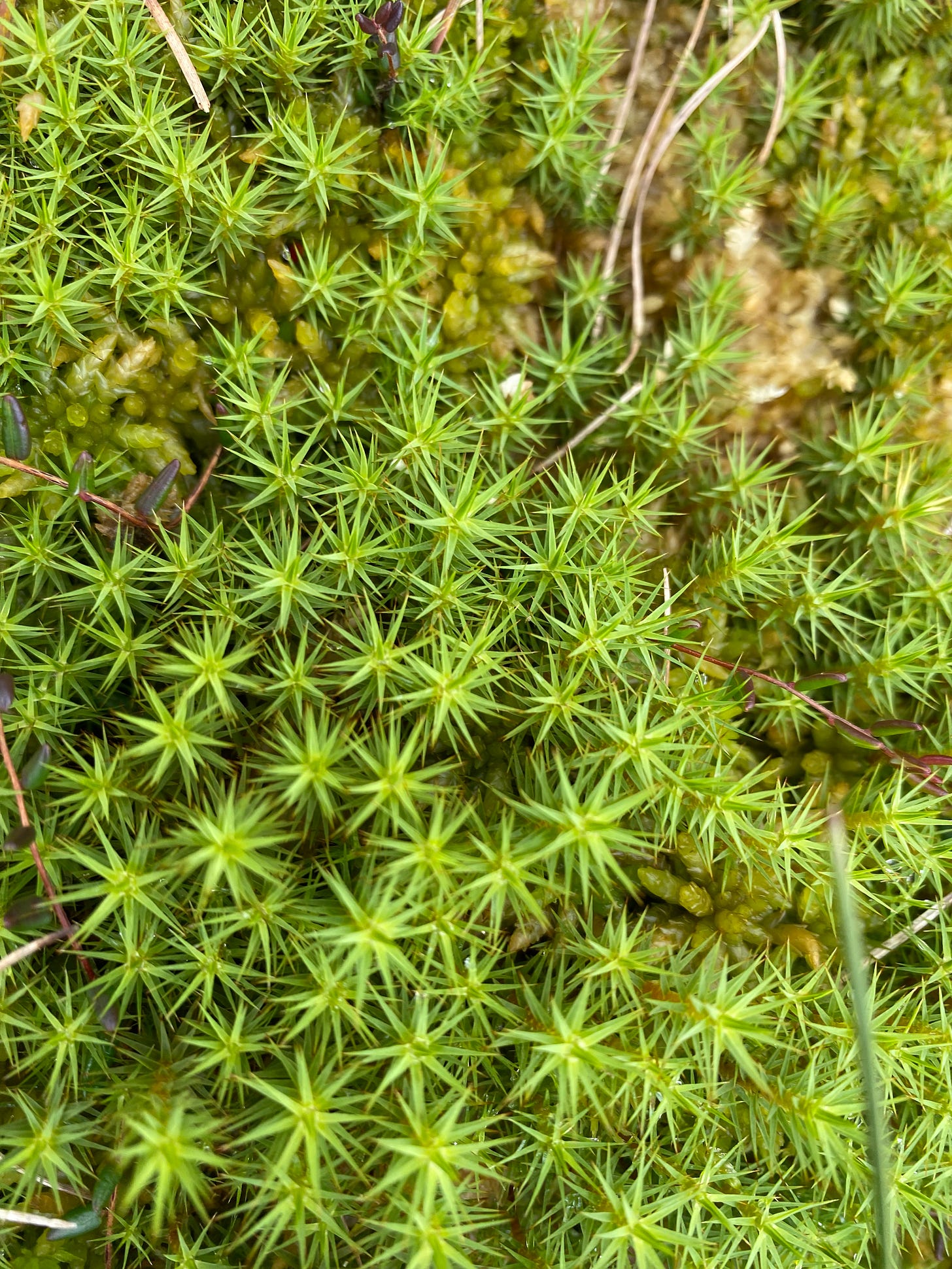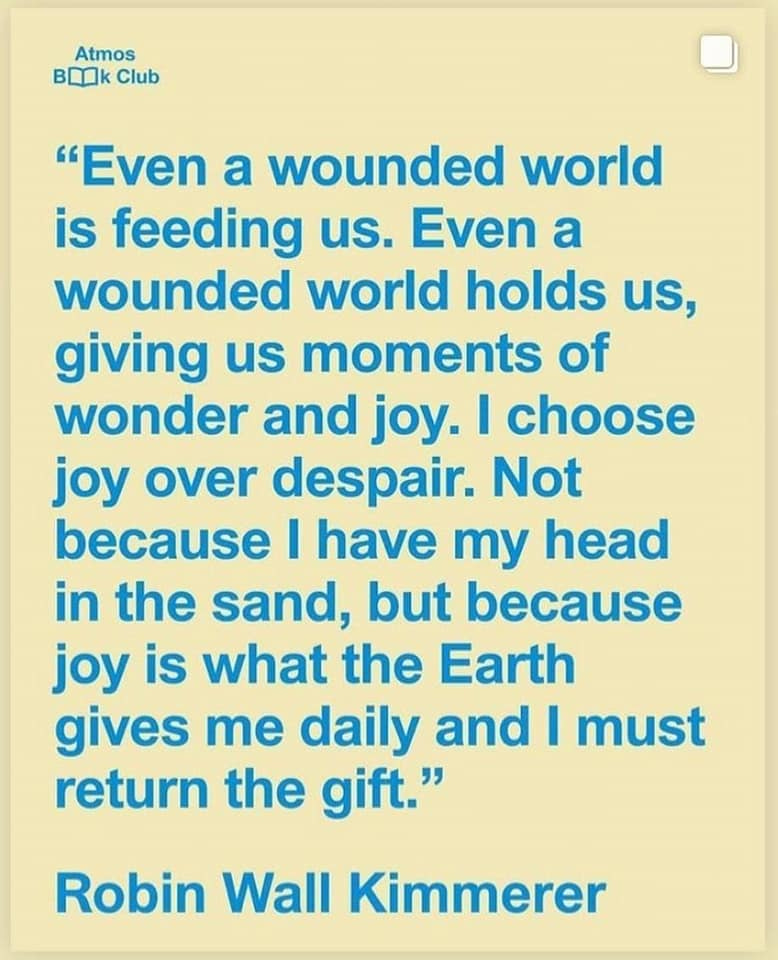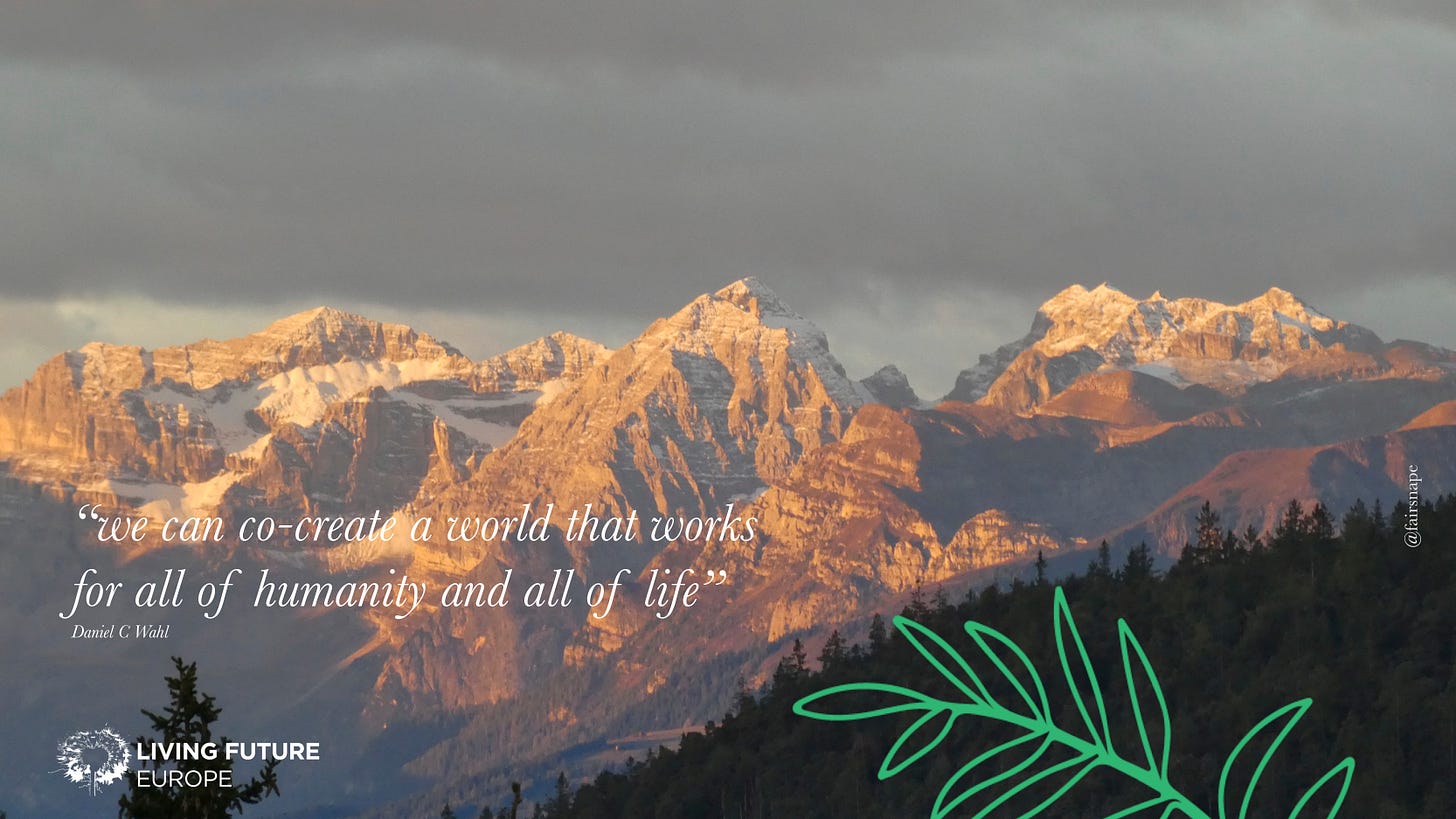Welcome to Regen/Notes.
“Alone in a wounded world,” wrote Aldo Leopold in Sand County Almanack, first published over 70 years ago, at a time when few, like Leopold, understood the harm we were capable of doing to the planet. Leopold saw that much of the damage humans inflict on the environment is invisible to those without an ecological education—that it takes knowing what a healthy environment should look like to see the “world of wounds” in which we live.
It is still a feeling I know many sustainability practitioners express today, maybe not so alone, but certainly acutely aware whilst living, advocating, using business and personal agency in a wounded world.
And certainly, it was the feeling that the final episode of Sir David Attenborough's Frozen Planet II portrayed. The naturalist and climate crisis campaigner made a passionate appeal direct to camera in the harrowing final scenes of the series finale that was laden with harrowing stories on climate change.
"'If we can do something about it, then do it. We can do it. We must do it. Then there will be a future for the planet."
How do we cope, and remain positive in a wounded world? For me simply going for a walk is a huge tonic. Walking into nature allows that break from thoughts and usual surroundings to clear your mind and relax, improve mood and reduce stress levels. There is something about the fresh air, the rhythmic movement and time spent with thoughts that helps to stay grounded, and positive
Positivity also comes from the fact at last we are starting to understand and address the big issues. And, not only on business-as-usual sustainability issues, but something more, beyond sustainability, as organisations and individuals eager for regenerative awareness (for example the LFE Regenerative and Agile Masterclass, The Echelon Social Housing Regenerative Sustainability Programme, the Baxall Construction Regenerative five year plan programme, Langley Roofing Regenerative Sustainability review to name a few currently supported)
Healing the Future
I started using the expression Healing the Future over 10 years ago as a heading for my talks and slides at Green Vision, a programme with real foresight from Clare Bowles and hosted at Leeds Beckett university that helped bring the Living Building Challenge to the UK.
I believed then and still do that ‘healing the future’ is our purpose of sustainability and regenerative approaches.
Biophilic Design as health care
From the Living Future Europe, Biophilic Society biophilic design camp - that explored so many wonderful different perspectives on biophilia - the takeaway for me and many others was to consider Biophilic Design as health care, as life care, giving benefit not only to ourselves as humans but to the natural world on which we all depend … and in doing so ‘healing the future’.
And of course the zoom regenerative community …
Zoom Regenerative at 50
I love the way that the open space between you two made this happen. Holding space and space for reflection are so important to let these things happen. Zoom Regenerative at ZR49 comment.
Yes, we have reached ZR 50 - the fiftieth edition will be on 15th November. One of the founding inspirations back in April 2020, at the start of the lockdown, was the wonderful quotation from Arundhati Roy.
The Pandemic is a Portal: ‘We can choose to walk through it, dragging the carcasses of our prejudice and hatred, or avarice, our data banks and dead ideas… Or we can walk through lightly, with little luggage, ready to imagine another world. And ready to fight for it.’
**** Mark the date 15/11/22 - More Details soon *****
Will there be cake, fizz, gifts, announcements?
Community and ZR49
Working through the imagination crisis with imagination, the ecology crisis with nature, the health crisis with care.
Our communities and our tribes are so important, our bubbles, the place where the choir practices and gains nourishment. As Christiane Lellig mentioned on our Zoom Regenerative session on the 11th of October, the answer to almost everything can always be community. Christiane led a mindful, reflective and insightful session focused around the inspiring Ti-MX community projected in Northern France.
‘First life, then spaces, then buildings the other way around never works.’ Jan Gehl
Enjoy this post?







